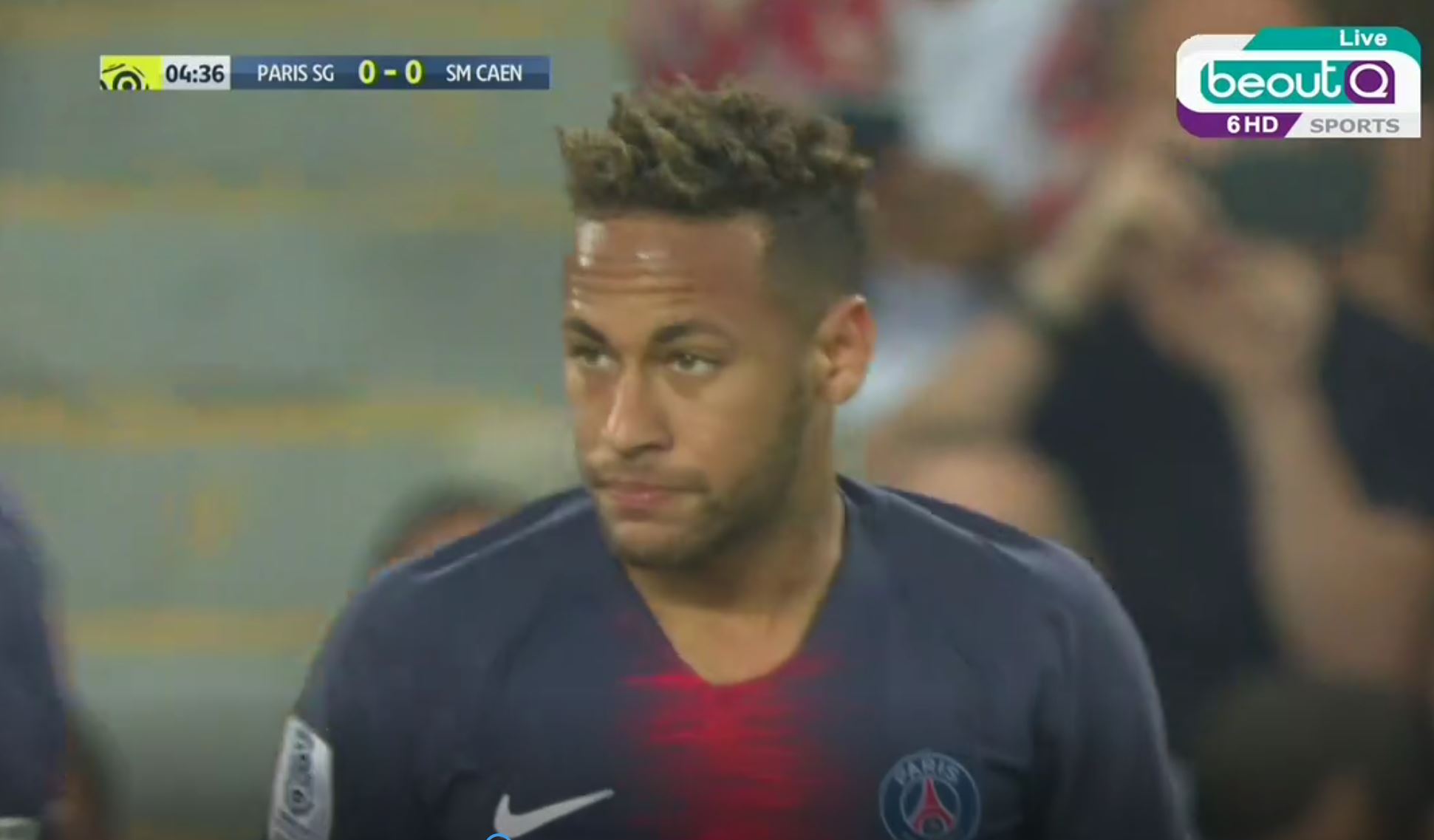By Paul Nicholson
October 9 – Football only has itself to blame for the bombshell dropped by beIN Media Group CEO, Yousef Al-Obaidly yesterday at the Leaders in Sport conference in London, who outlined a future of dramatically reduced rights fees from broadcasters worldwide, even for premium leagues and events.
At the heart of Al-Obaidly’s message was that rights owners – the leagues, federations and global governing bodies – have not protected themselves from financial meltdown by taking on pirate broadcasters as those their lives depended on it. For many they do.
He said that the rights owners are always quick to ask for increased rights fees for the latest enhancement to their TV production coverage, but they have done little or nothing to protect the rights they have already sold and taken money for. Instead, he says, they hide behind their broadcasters expecting them to fight the battle over copyright theft.
beIN’s own battle against Saudi-based beoutQ (a high profile politically motivated battle in the wider geo-political stand-off between the two countries) began as a regional issue that was conveniently sidelined by rights owners whose main strategy to counteract the theft appeared to be based on hope that the dispute would resolve itself, or perhaps even that another, bigger buyer would emerge in the next rights cycle.
That was unlikely to ever be the case and it is a regional dispute that has rapidly become a global one – that beoutQ enabled boxes can now be found worldwide is only part of the issue. But more than that, beoutQ’s piracy has triggered financial consequences that are reaching far beyond loss of income from a single regional pay tv operator.
“Saudi Arabia has poured petrol on to the fire and they are now turning attention to embedding an illegal IPTV culture,” said Al-Obaidly.
“In response to beoutQ, other than a handful of football rights-holders – most notably the Premier League and LaLiga – it has been shambolic. At first, it took almost a year for any rights-holder to say a single word; then for the past year it seems that a few angry words in a press release would hopefully stop beIN from complaining,” he continued.
“In fact, the CEOs of Serie A and the Spanish FA continue to see no issue with hosting their flagship Super Cup games in the very country that has been stealing the commercial rights of all their broadcast partners for over two year, destroying the value of the Italian and Spanish game in the process. Amazingly, the Spanish FA is also completely undermining the great work that LaLiga has done.
“In response to piracy generally putting beoutQ aside, the industry is paying lip service to the problem at best.”
The scale of the problem is worth keeping in mind. “Let me remind you: beoutQ stole every single match in the UEFA Champions League for two years straight; every single match in the 2018 FIFA Men’s World Cup and the 2019 Women’s World Cup; almost every single major football league game in Europe. The NBA, the NFL, Formula 1, the Olympics, Wimbledon – I won’t go on,” said Al-Obaidly. He shouldn’t need to.
Saudi Arabia could perhaps be forgiven in thinking that the football world was encouraging the piracy with no action taken legally or otherwise by FIFA when every game of the Russia 2018 World Cup was pirated by beoutQ. Indeed, it looked like there was even a tacit endorsement from the very top as FIFA president Gianni Infantino publicly hobnobbed on world television screens with Saudi Crown Prince Mohammed bin Salman at the opening game of the World Cup. Back then Infantino was courting Saudi money for his new vision for the international calendar.
A simple warning to Saudi Arabia that they could be banned from world football unless they took action to stop the piracy might have sufficed to protect the game’s revenues and provide some stability as it managed its future in a disrupted TV market. That opportunity has well and truly gone now.
The cost of that lack of leadership from the top of world football will not be lost on clubs and their leagues who have to earn their living weekly in the football business of ticket sales, promotion and sponsorship, wherever they sit in that financial food chain.
Contact the writer of this story at moc.l1714145365labto1714145365ofdlr1714145365owedi1714145365sni@n1714145365osloh1714145365cin.l1714145365uap1714145365

